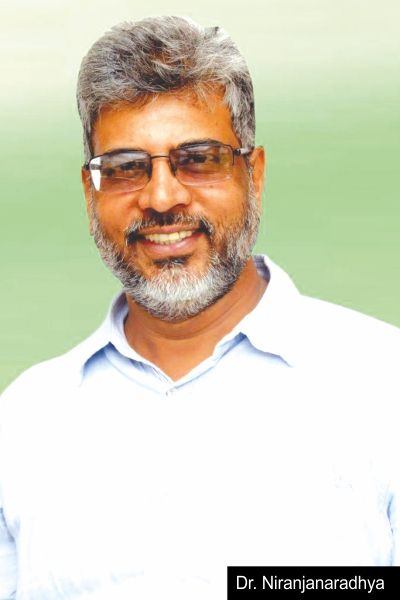 Reshma Ravishanker (Bengaluru)
Reshma Ravishanker (Bengaluru)
Even as several parts of the country are bracing for a second wave following a massive surge in Covid-19 cases, parents of primary school children in Karnataka (pop.63 million) are divided on the issue of sending their children back to school.
An online survey conducted last month (March) by the Vidyarthigala Nade Shaleya Kade (VNSK, ‘Students’ march towards school’), a Bengaluru-based NGO comprising educationists, doctors, teachers, and parents, indicates that 82.24 percent of households are in favour of commencement of on-campus classes for primary school children in the next academic year beginning July 2021. Of the 3,165 parents interviewed, a majority of 2,603 wanted schools reopened for primary children.
On the other hand, another study conducted by LocalCircles, an online platform, indicates that 72 percent of households in Bengaluru and 62 percent statewide are unwilling to send their children to school until a substantial percentage of the state’s population is vaccinated and the Covid-19 pandemic subsides. The LocalCircles online survey covered 9,687 respondent households countrywide including 1,971 in Karnataka. These households have incomes of above Rs.3 lakh per annum.
Dr. V.P. Niranjanaradhya, senior fellow at Universalization of the Equitable Quality Education Programme of the National Law School of India University, Bengaluru, and prime mover of the VNSK survey, says the two surveys reflect the differing aspirations of low-income and high-income households.
“The majority of sample respondents in our survey comprised low-income families. Government anganwadis and primary schools provide a safer environment for children than their cramped homes in crowded localities. Moreover, children are assured of a free-mid-day meal in government anganwadis and primaries. That’s why our survey which focused on low-income households, shows an overwhelming preference for reopening of schools,” he explains.
The diametrically opposite conclusion of the LocalCircles survey which indicates that 62 percent of parents in the state prefer their children to learn from home is because of the profile of respondents. All parents interviewed had annual household incomes above Rs.3 lakh with half reporting incomes of over Rs.6 lakh. Quite obviously, these households are well-equipped with Internet connectivity and digital devices (computers, laptops, Smart phones) with children enrolled in upscale private schools that have smoothly transitioned to online learning. Unsurprisingly, they prefer their children to learn from home until the worst of the pandemic is over.
With poor, income-stressed, and working class households clearly in favour of reopening of public and affordably priced budget private schools — these households/families constitute a majority in Karnataka — the dithering of the BJP government of the state has dismayed educationists. On January 29, ten months after all education institutions nationwide were ordered to be shutdown, the state government permitted in-school classes for senior and higher secondary (classes IX-XII) students. Almost a month later, it allowed on-campus classes for VI-VIII children.
However with Karnataka experiencing a second surge in Covid-19 positive cases in March, most upscale private schools have reverted to online classes with the state’s 49,637 government schools reporting 30-40 percent attendance in classes VI-VIII even as pre-primaries and primary schools remain shut.
Meanwhile, a study published by the Bangalore-based Azim Premji University covering five states including Karnataka, shows that 92 percent of children enrolled in public (government) class II-VI primaries have lost the learning of previous years in language, and 82 percent in mathematics.
Dithering on the issue of re-opening schools by the state government — in some European countries, they have not closed at all during the pandemic — is certain to cost Karnataka’s already under-schooled children heavily.
Also read: Karnataka school reopening guidelines























